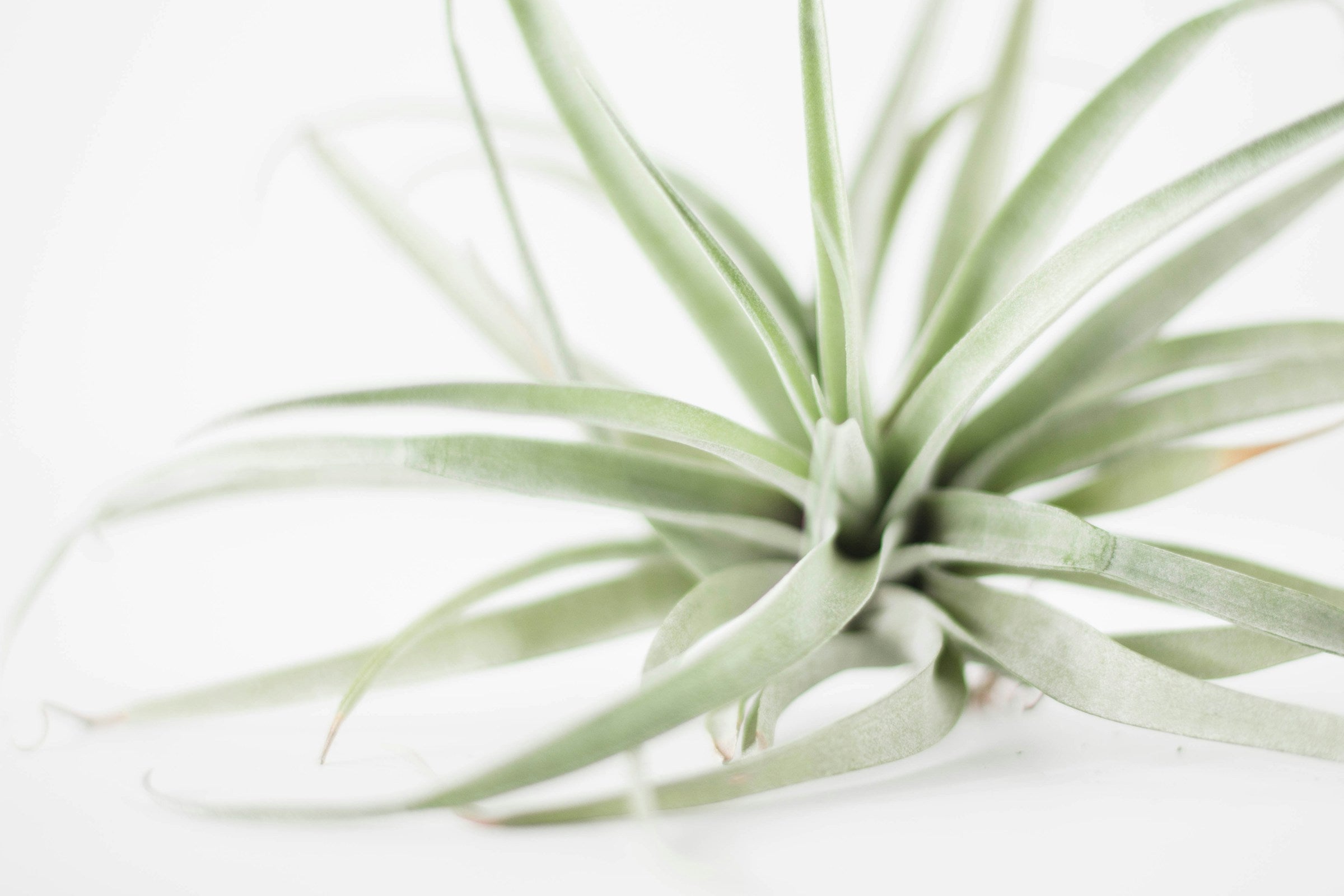
Tillandsia
26 products
Showing 1 - 24 of 26 products
The Tillandsia is a special air plant, which does not need to be in a pot. Often these grow plants in trees in nature, but they also do well in a terrarium or living room be placed with a few modifications. These are decorative beauties.
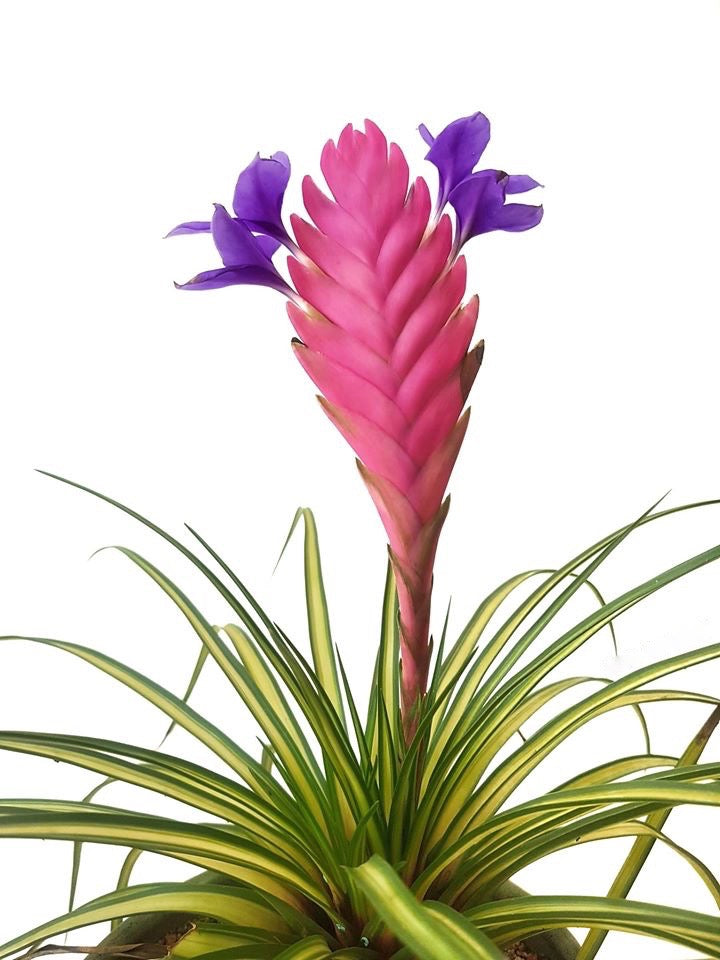
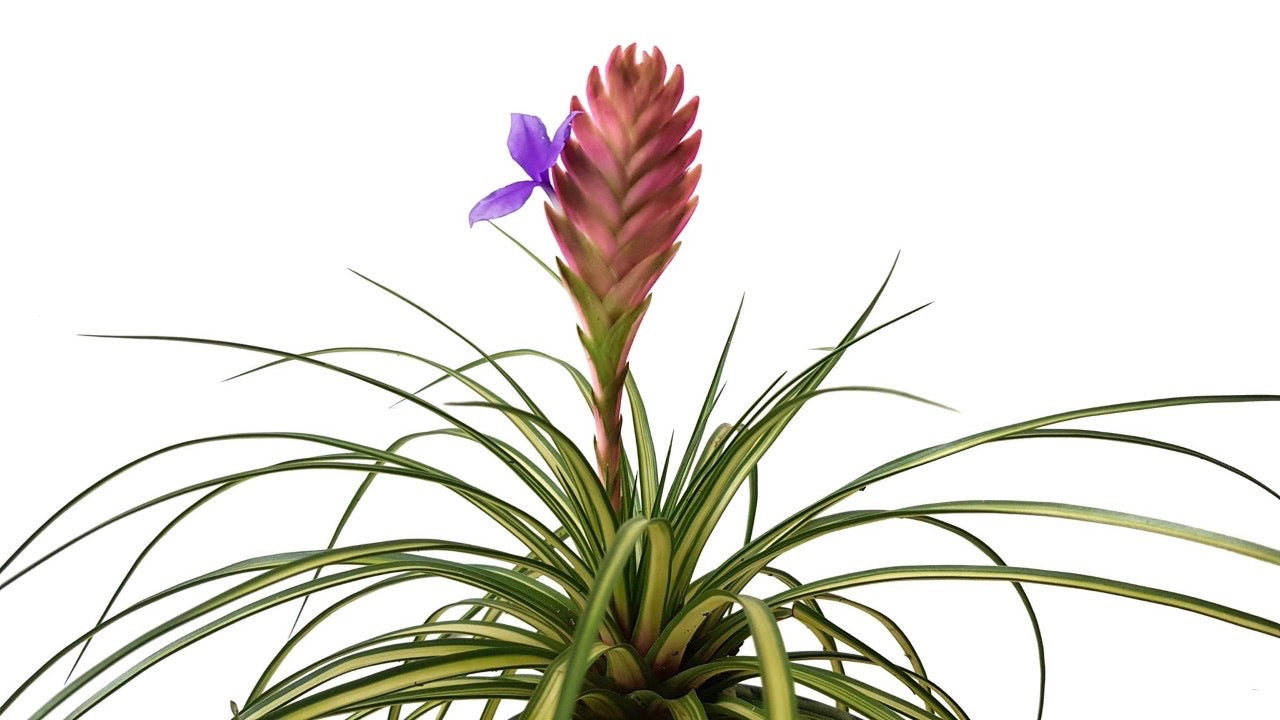
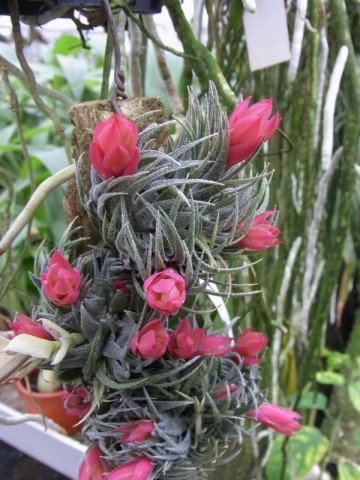
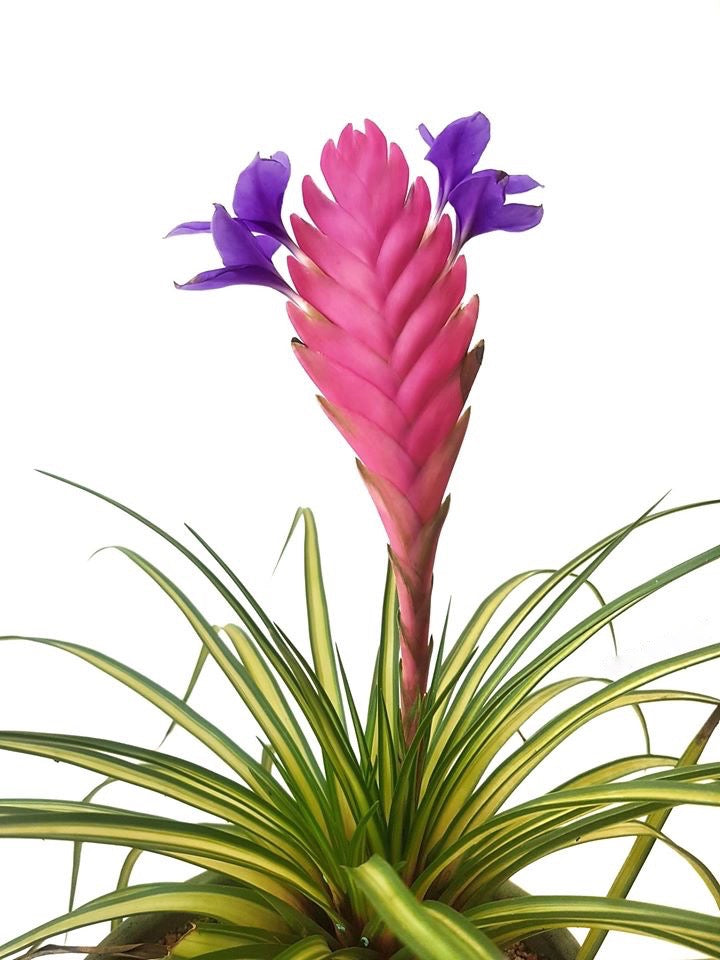
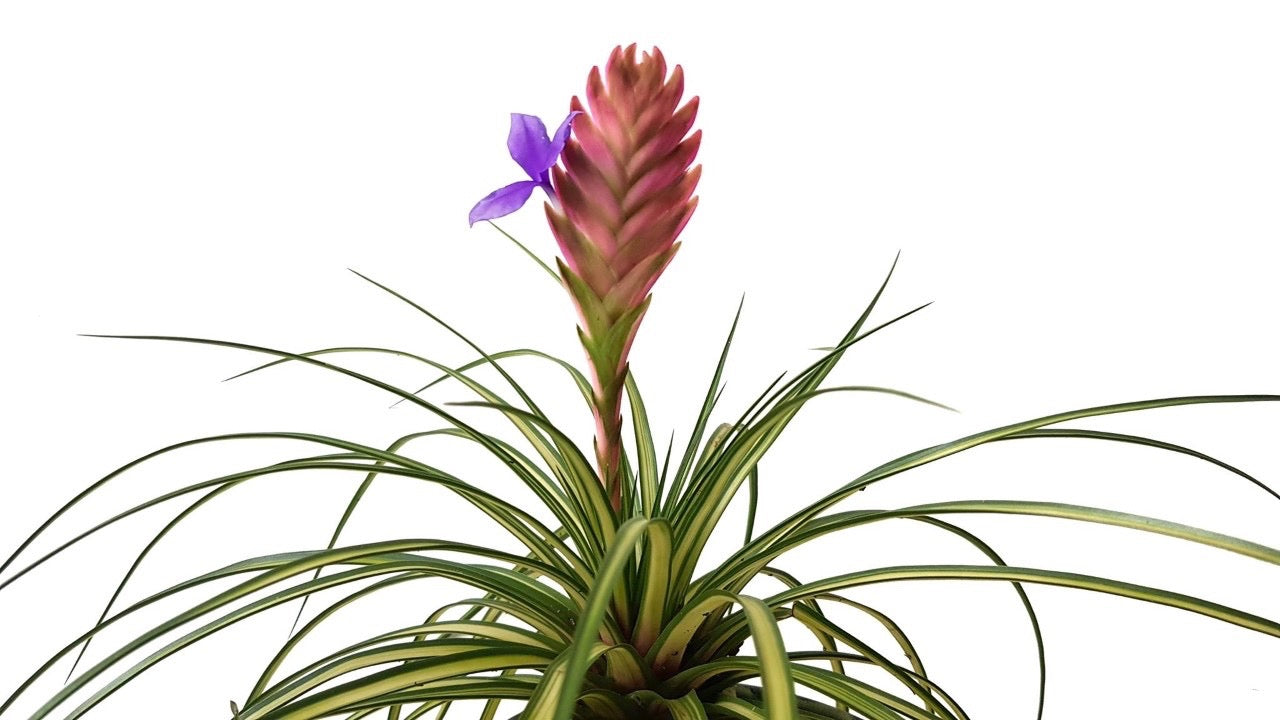
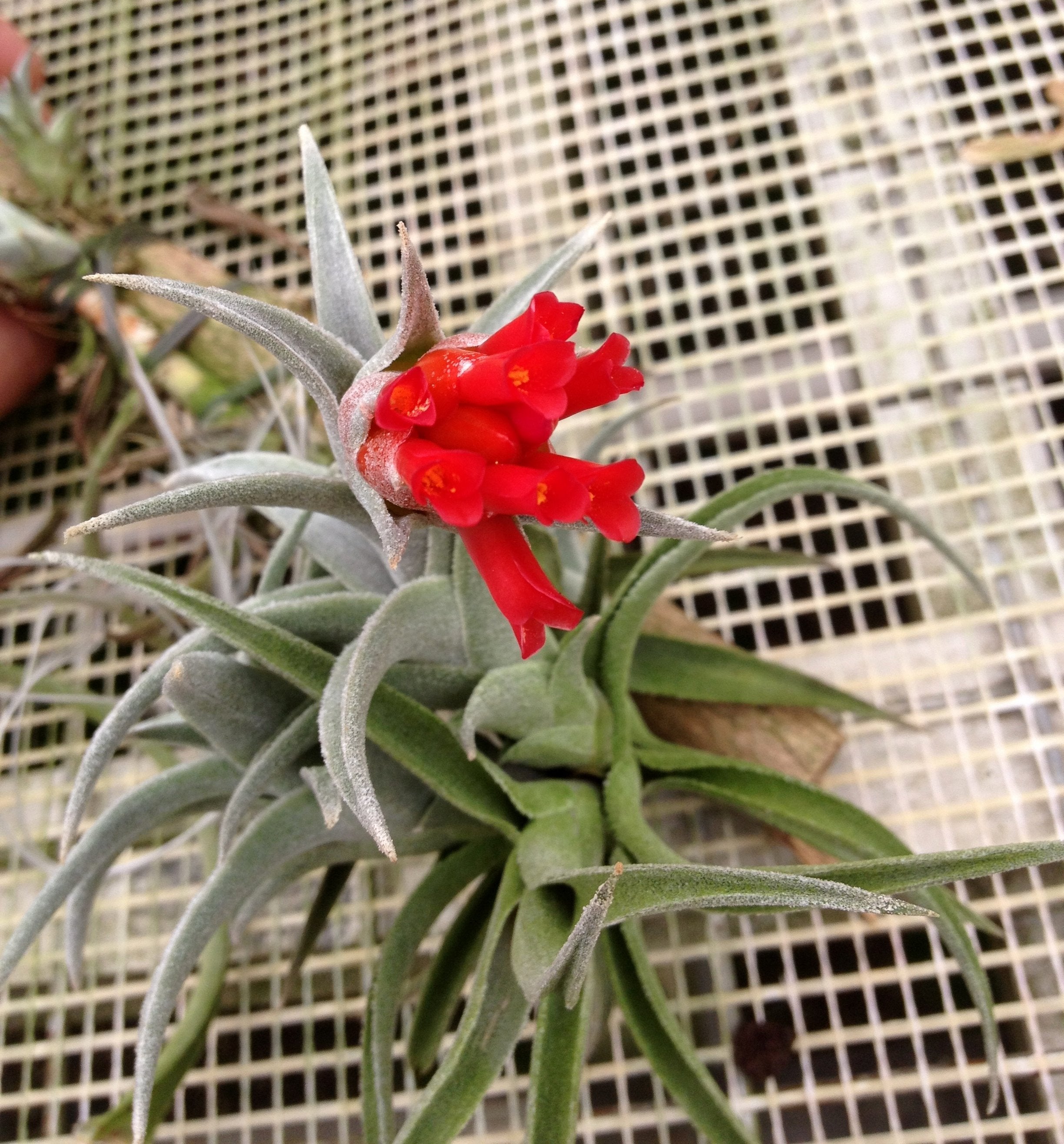
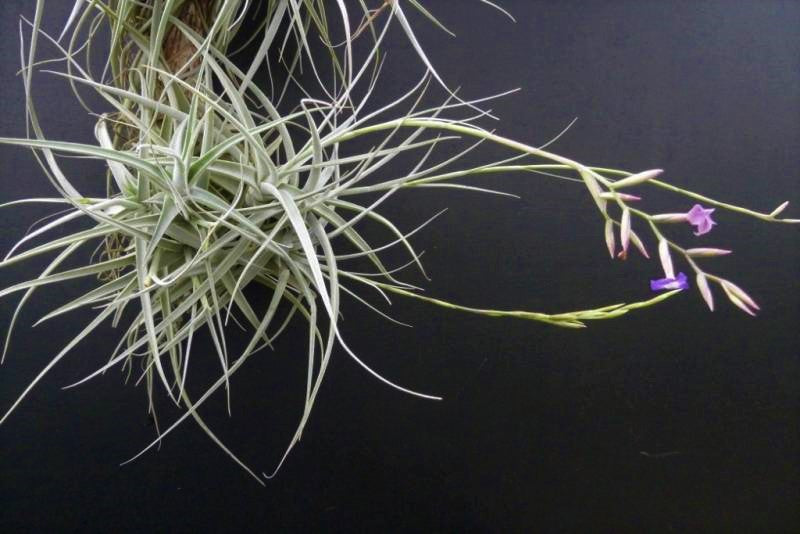
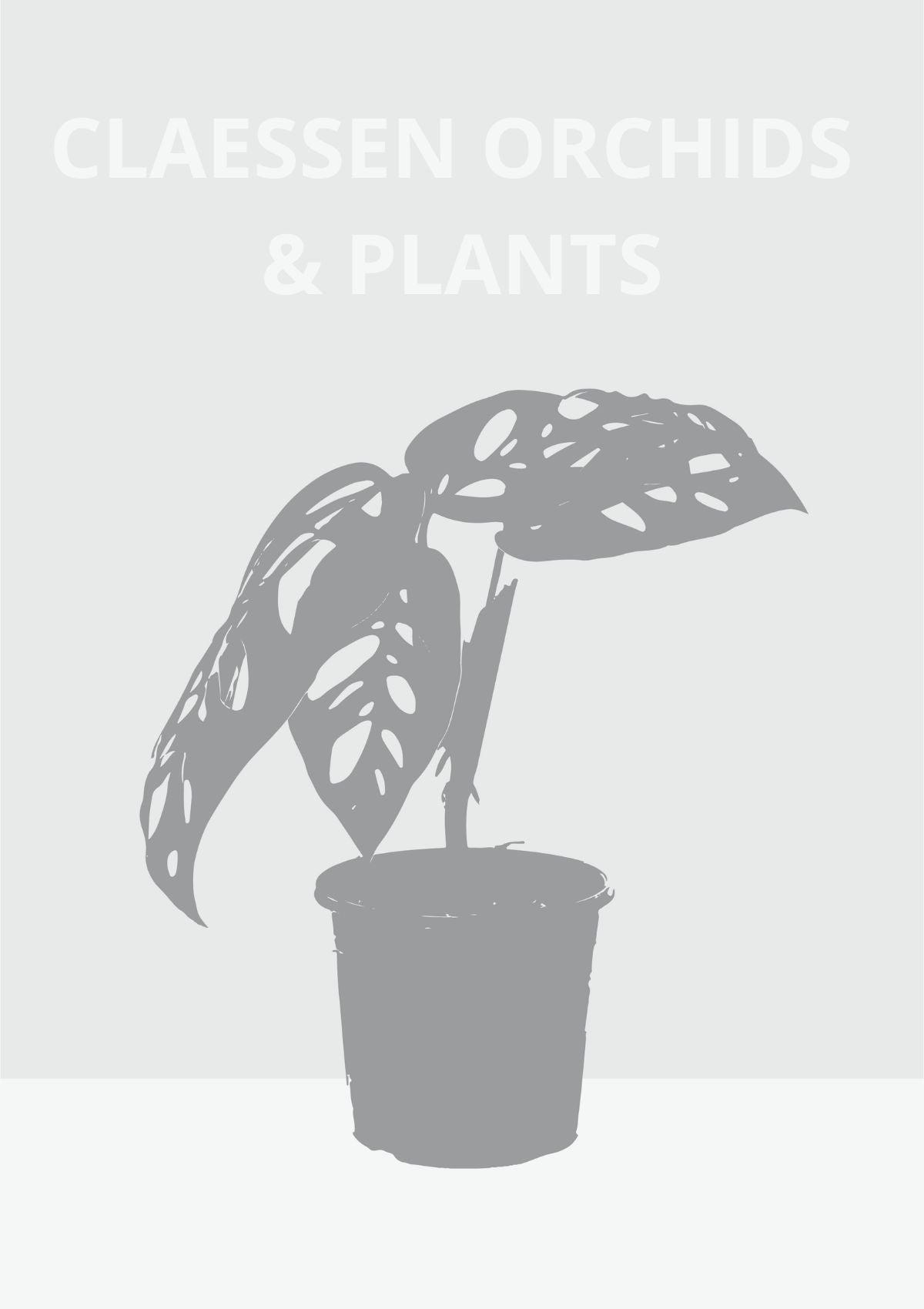
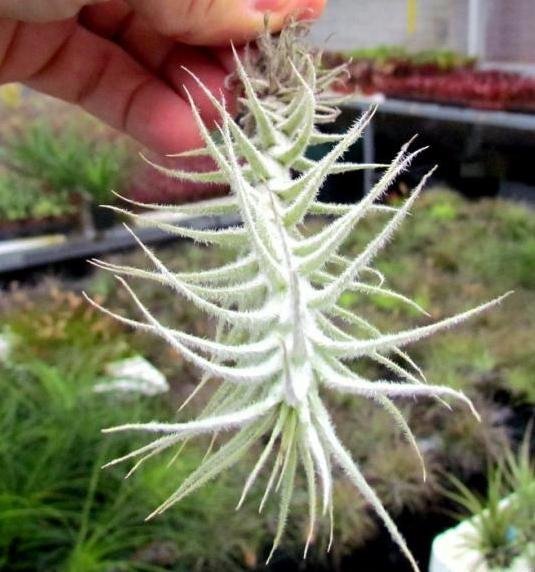
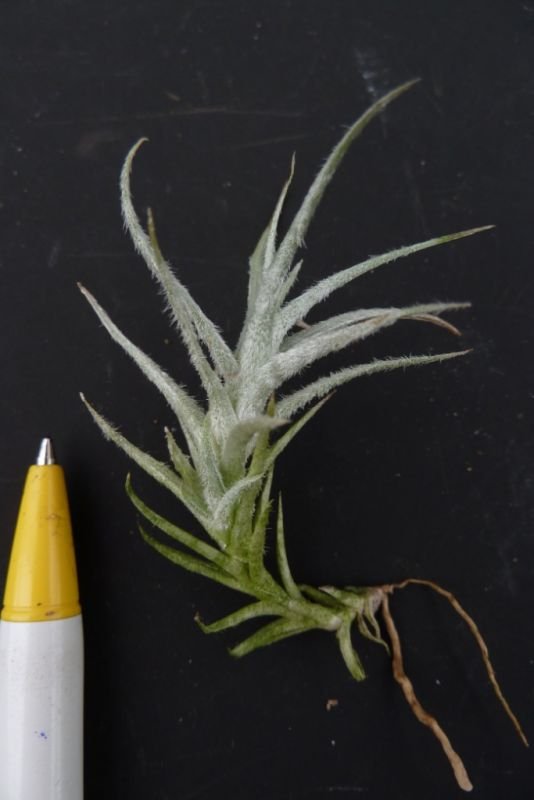
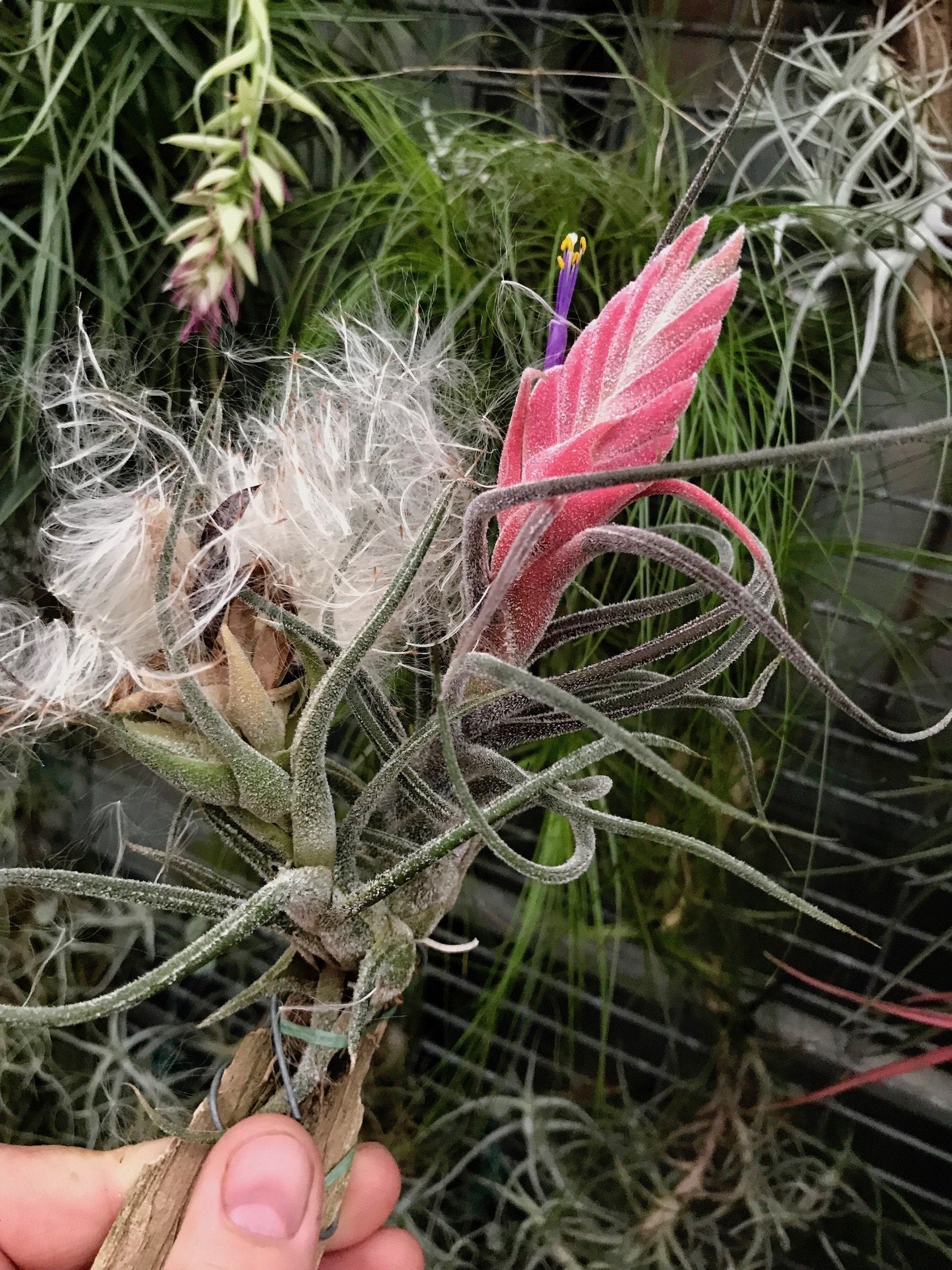
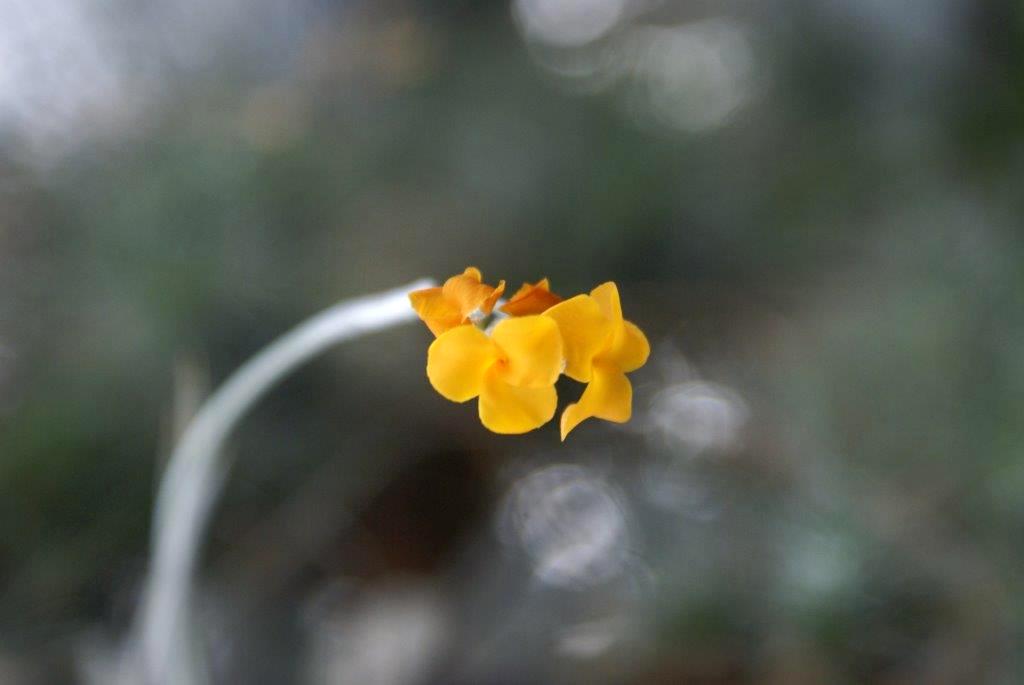
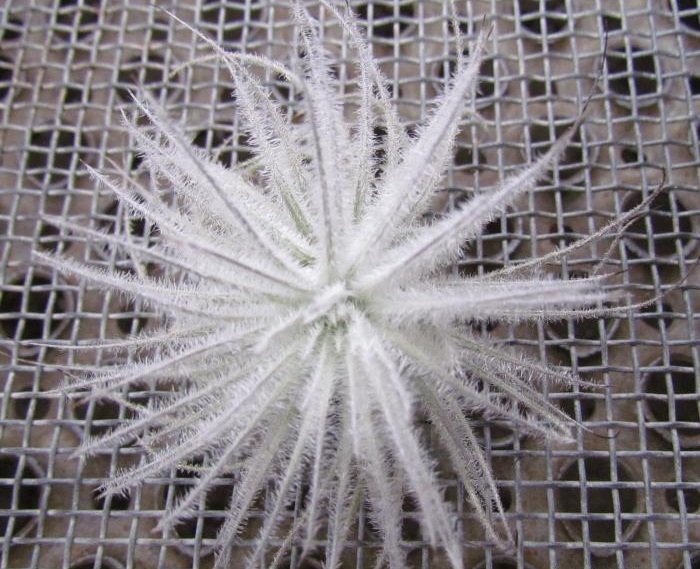
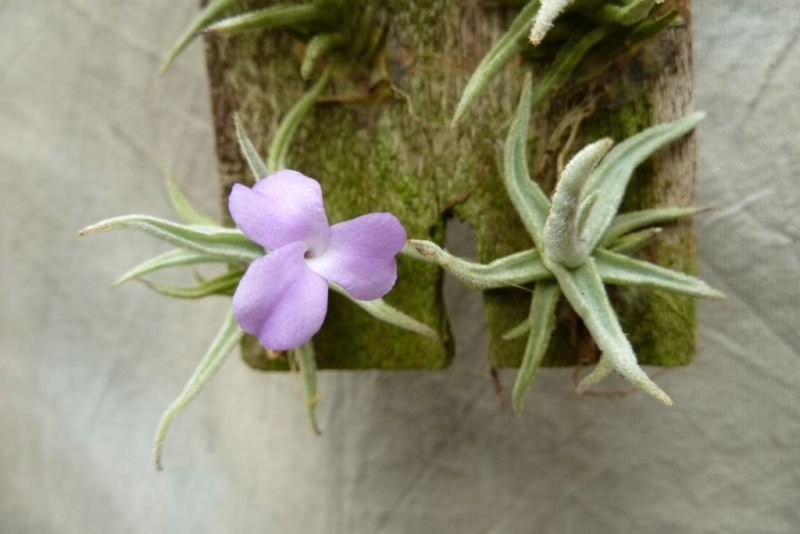
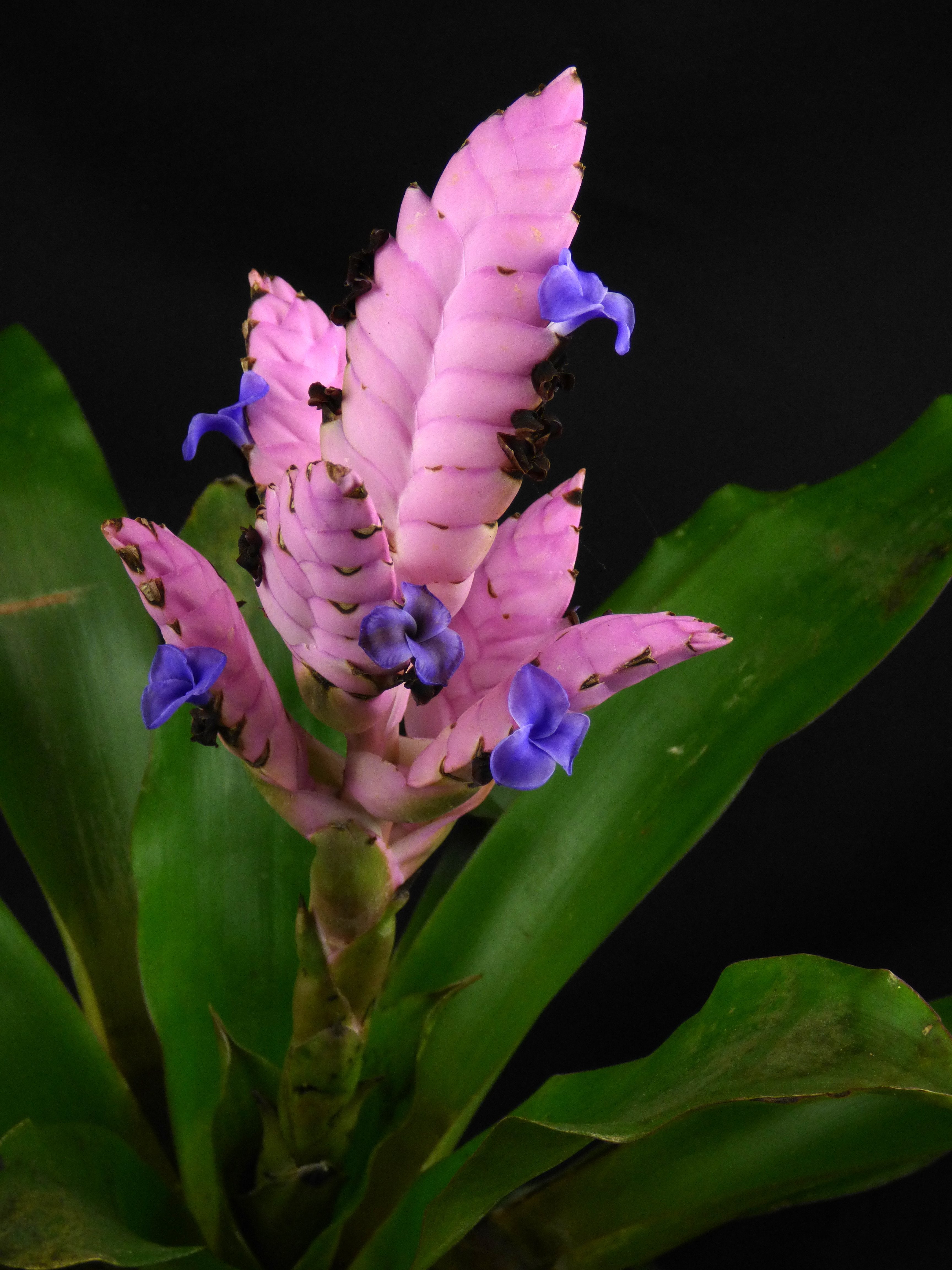
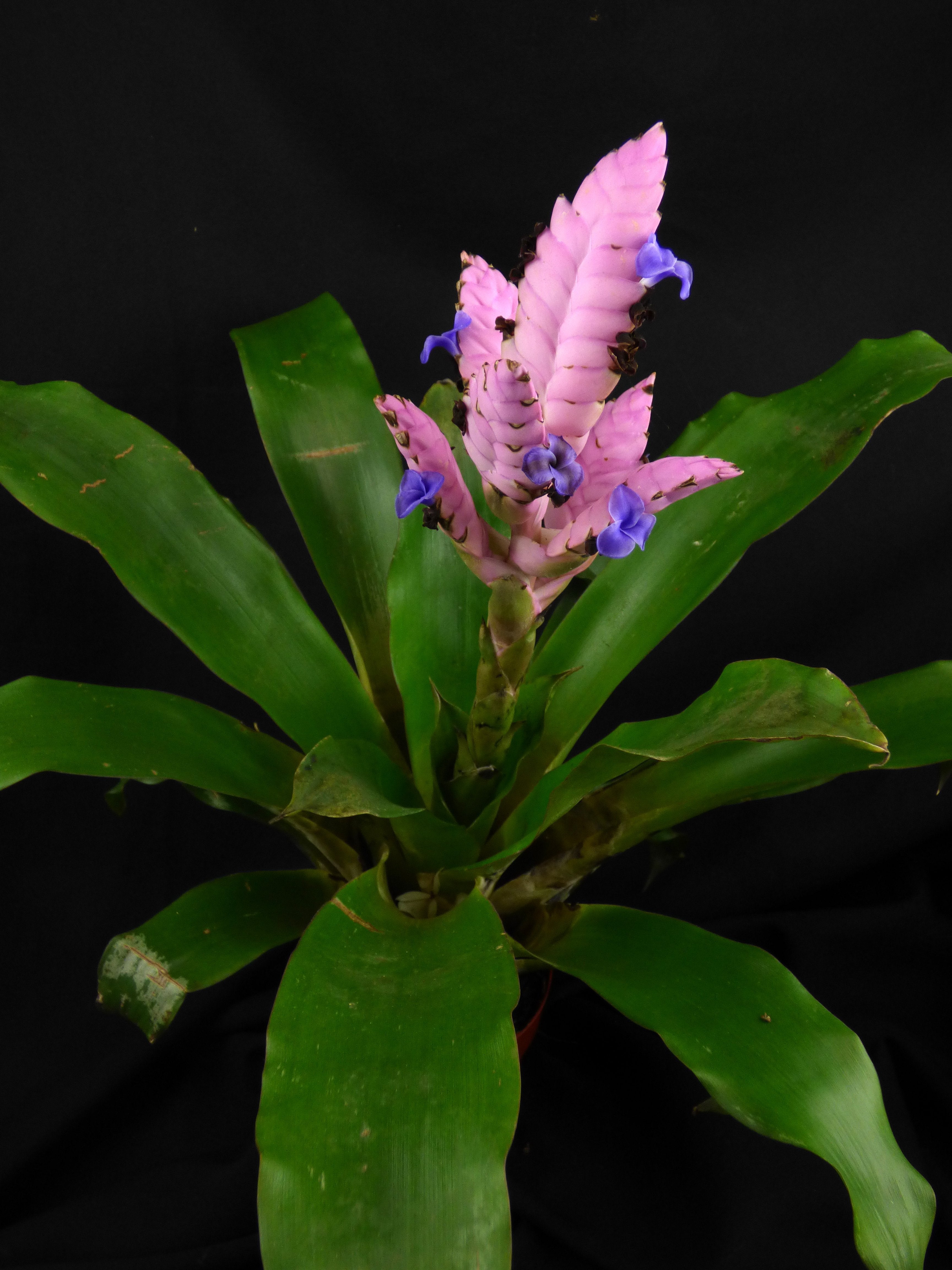
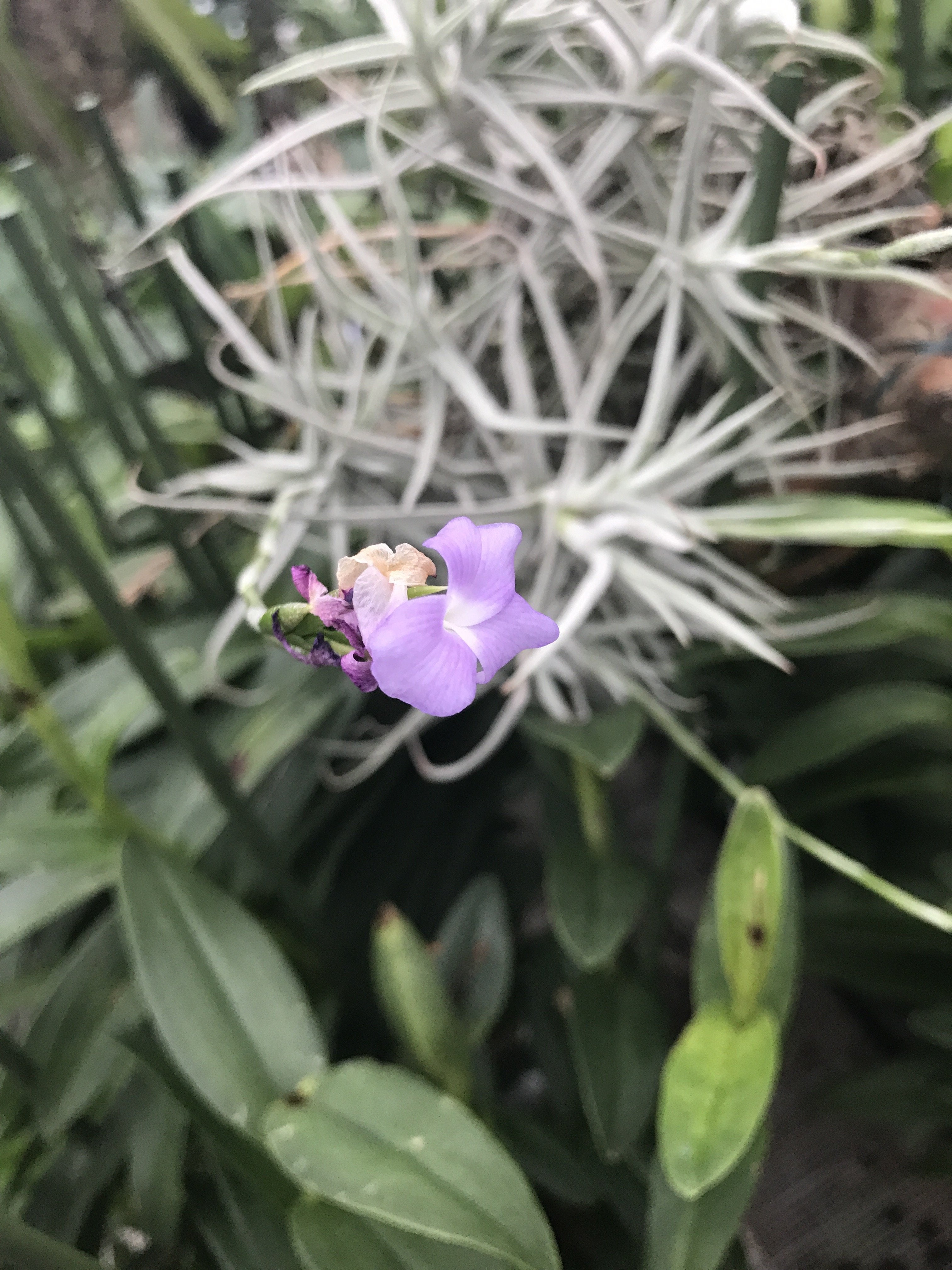
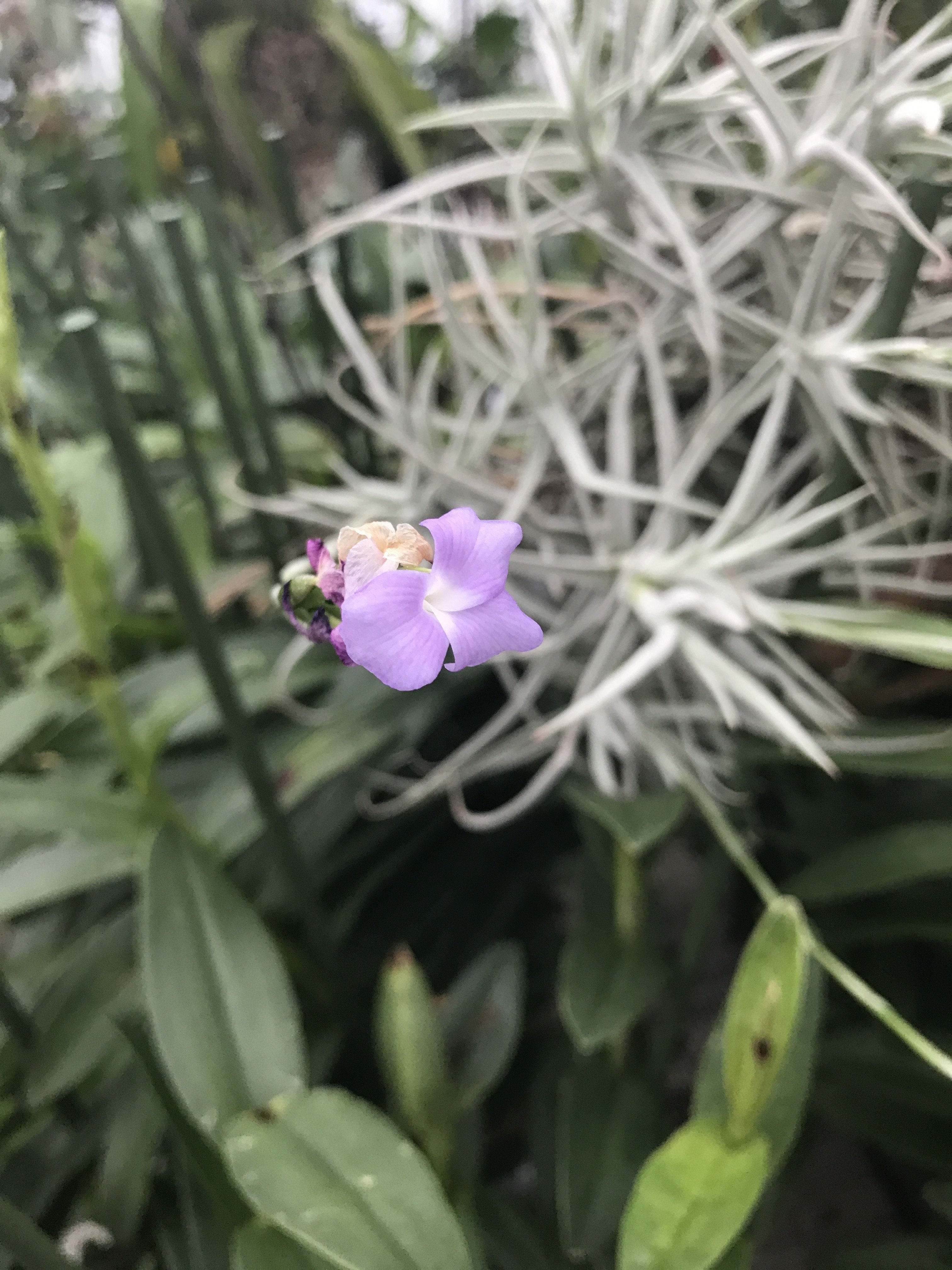
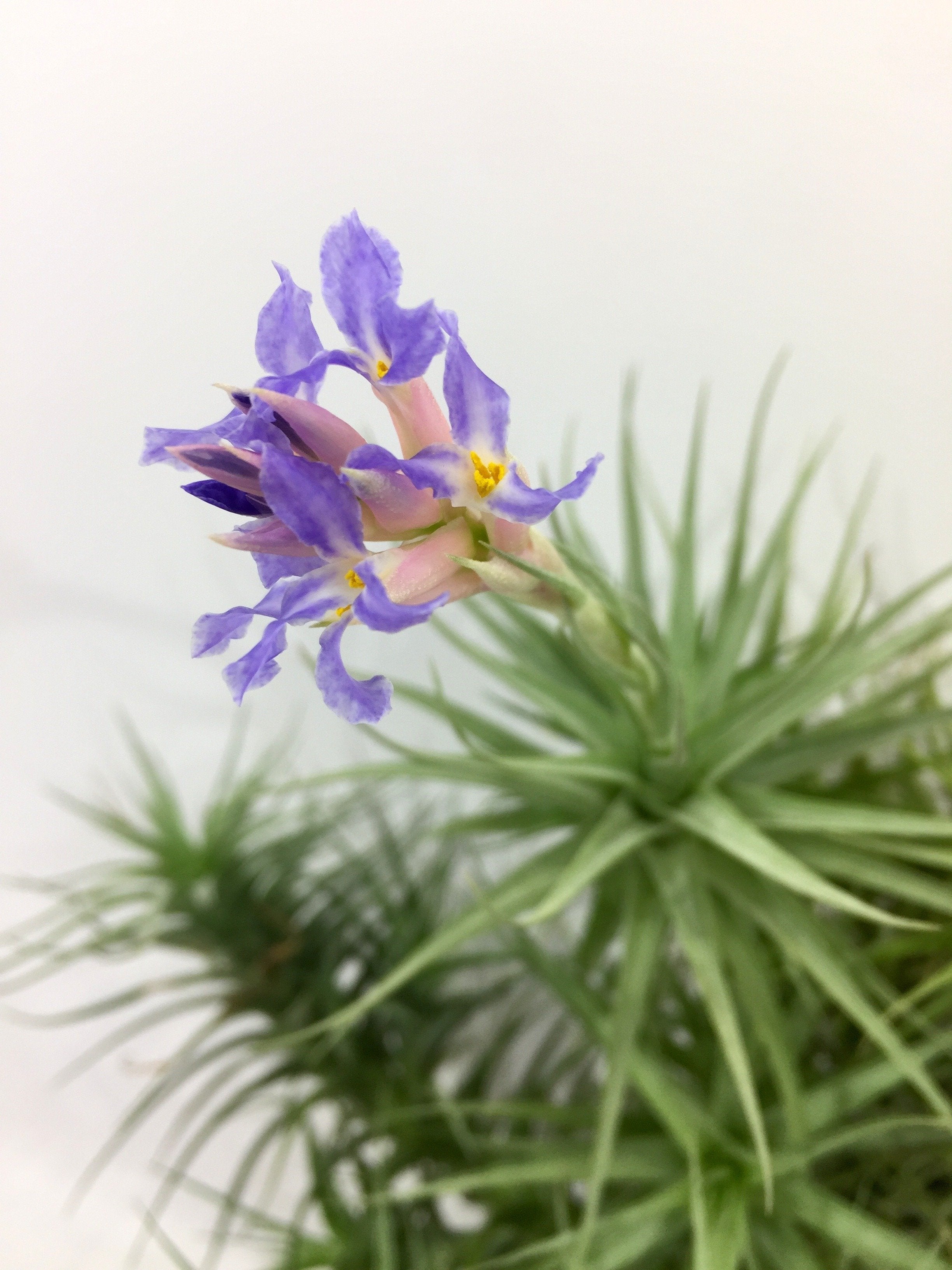
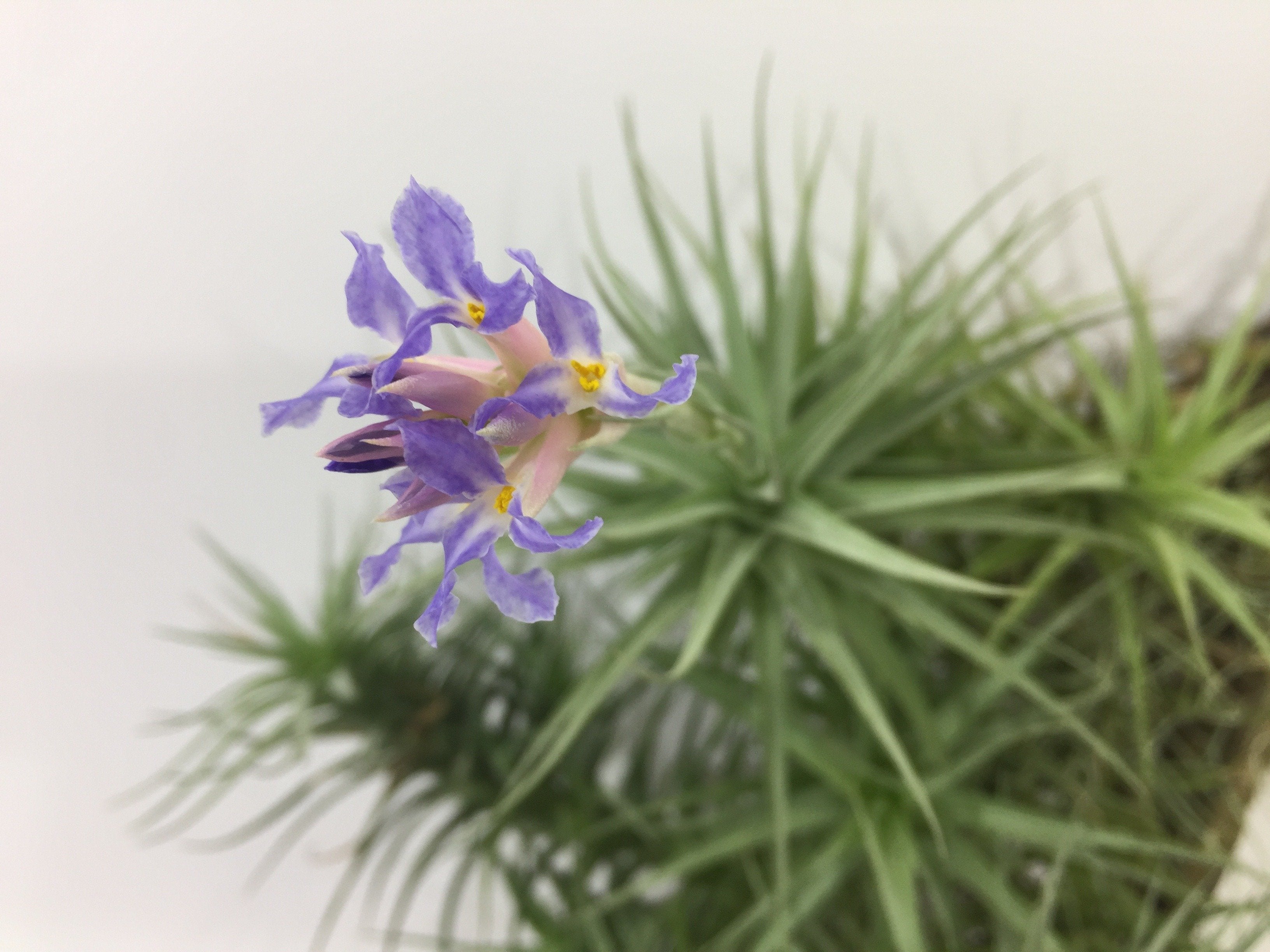
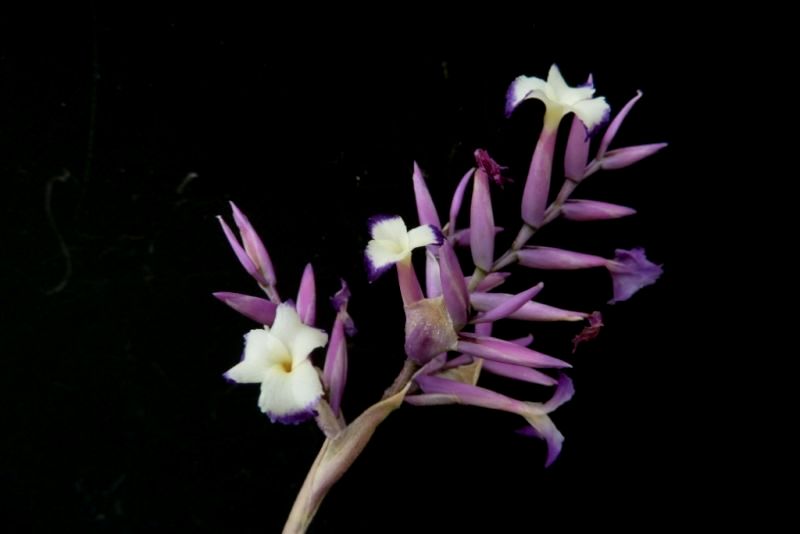
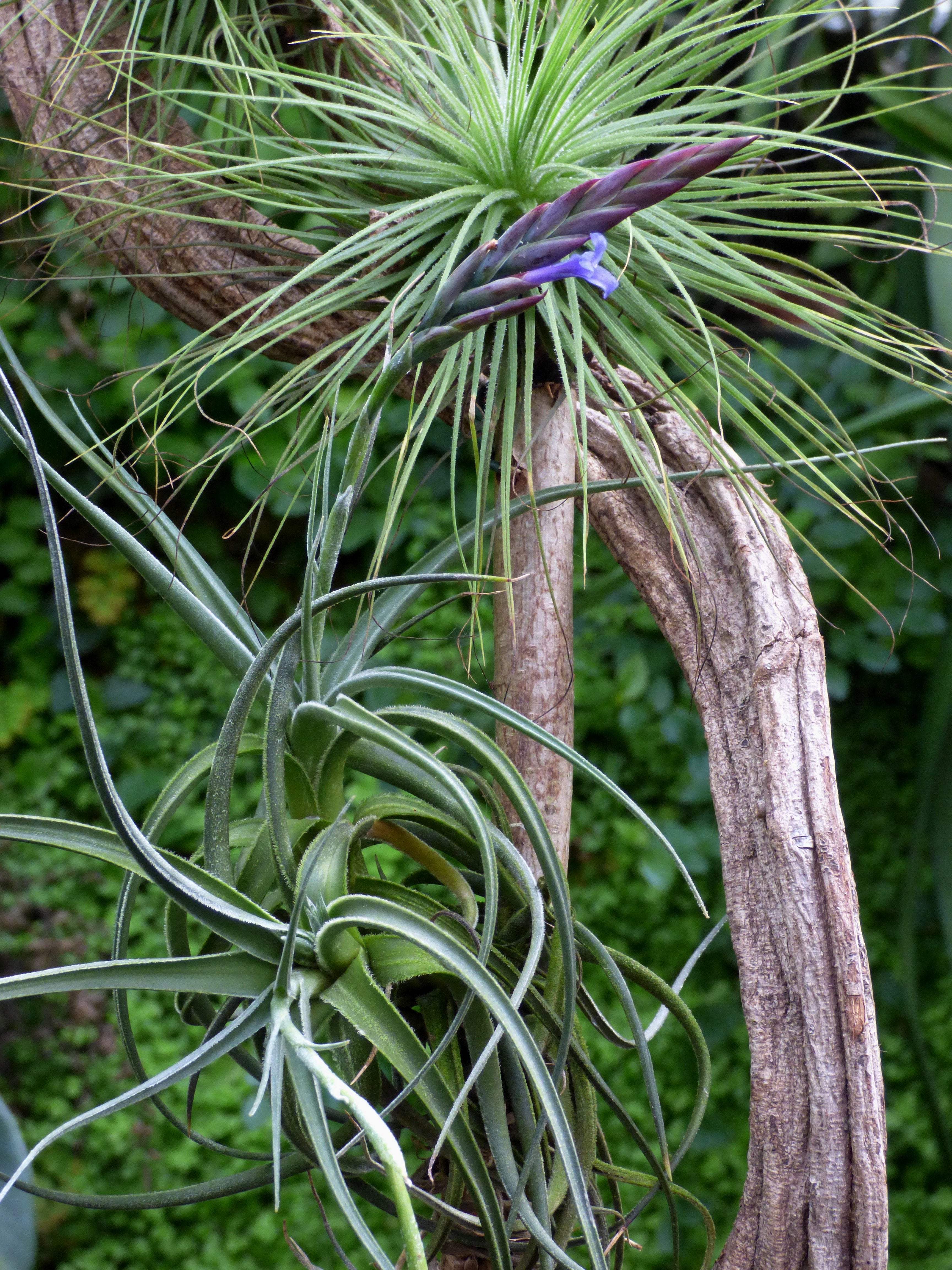
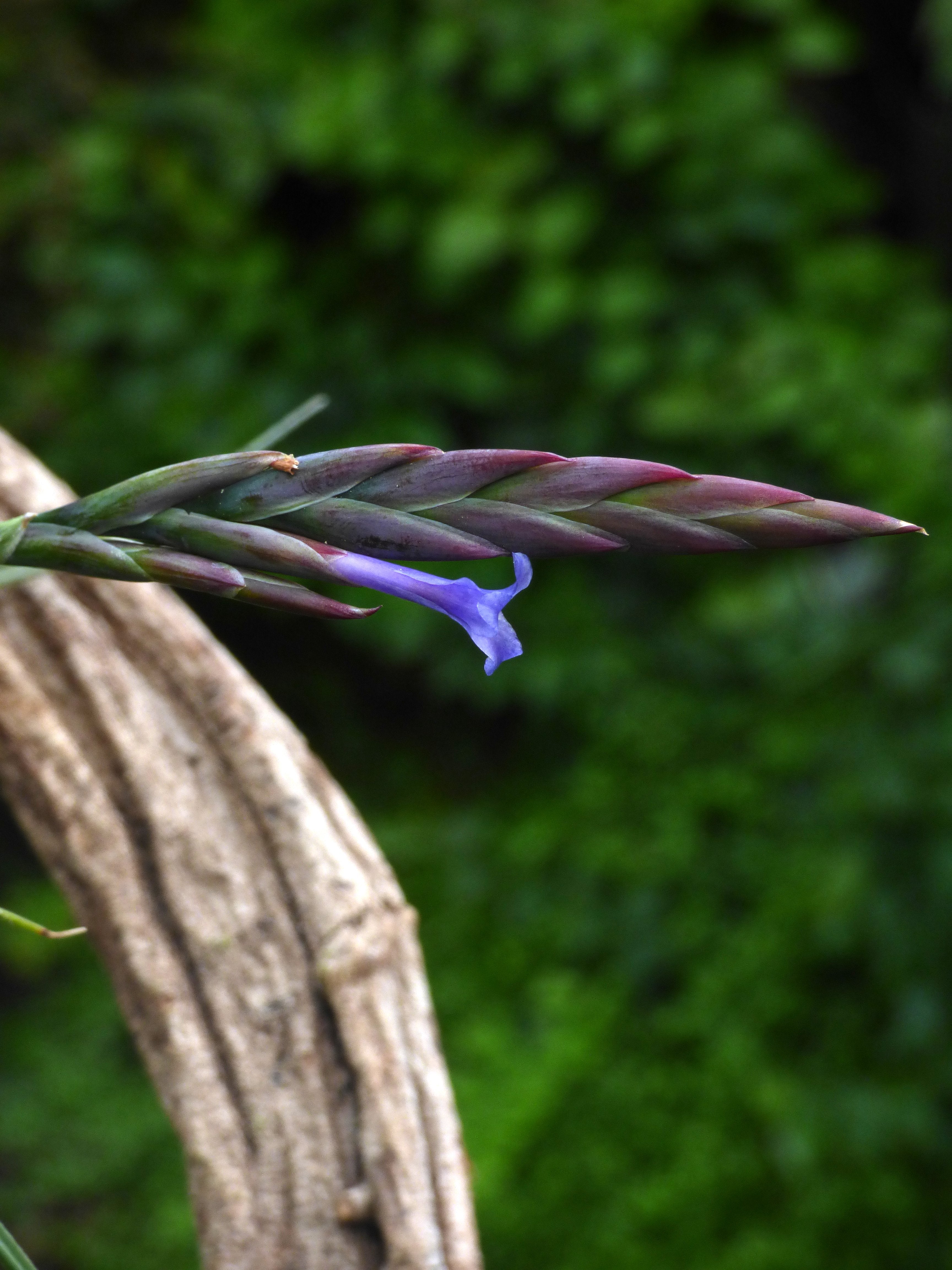
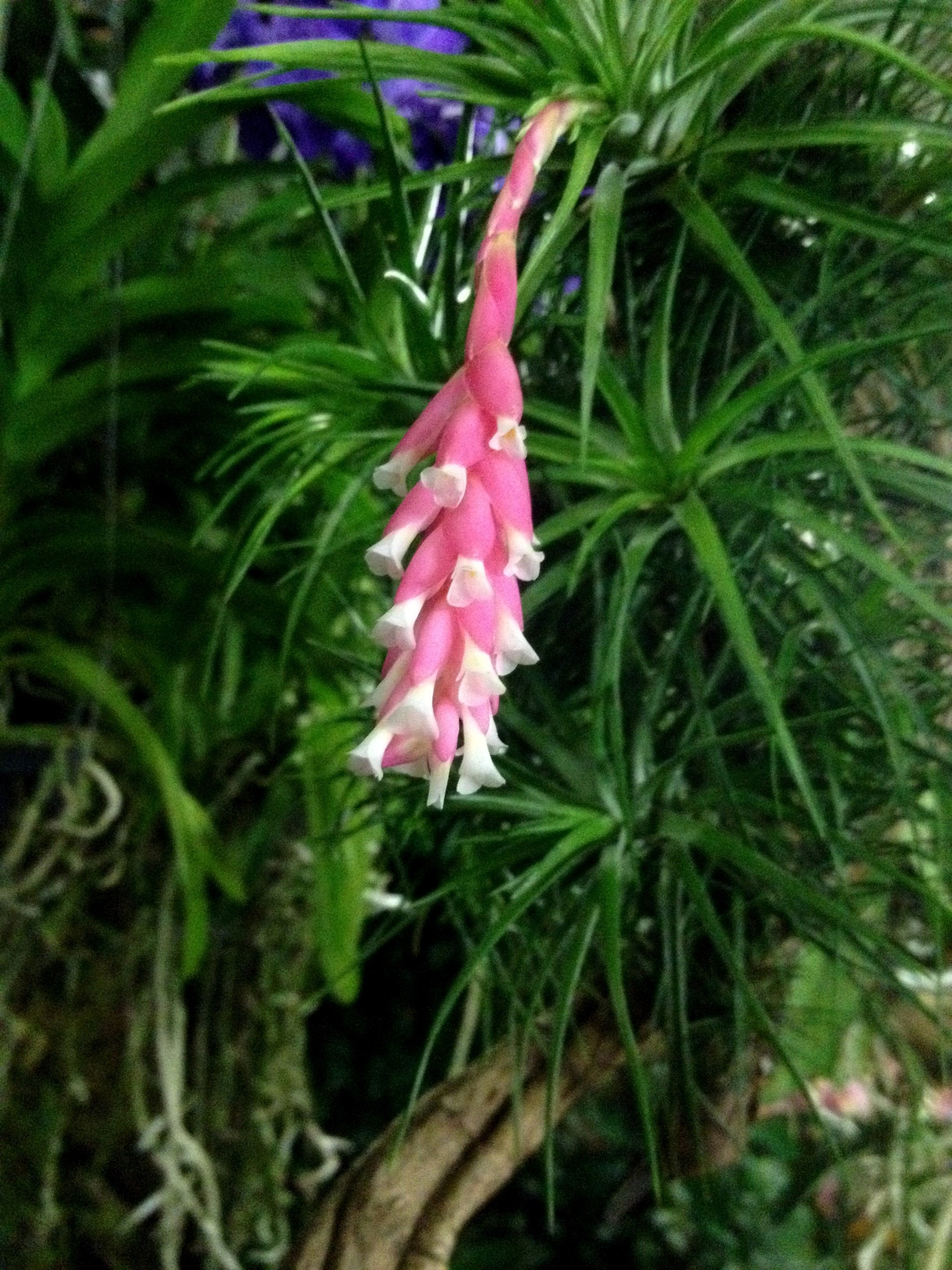
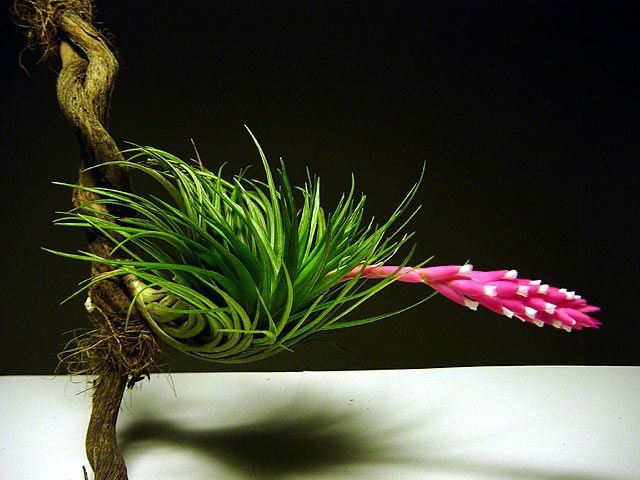
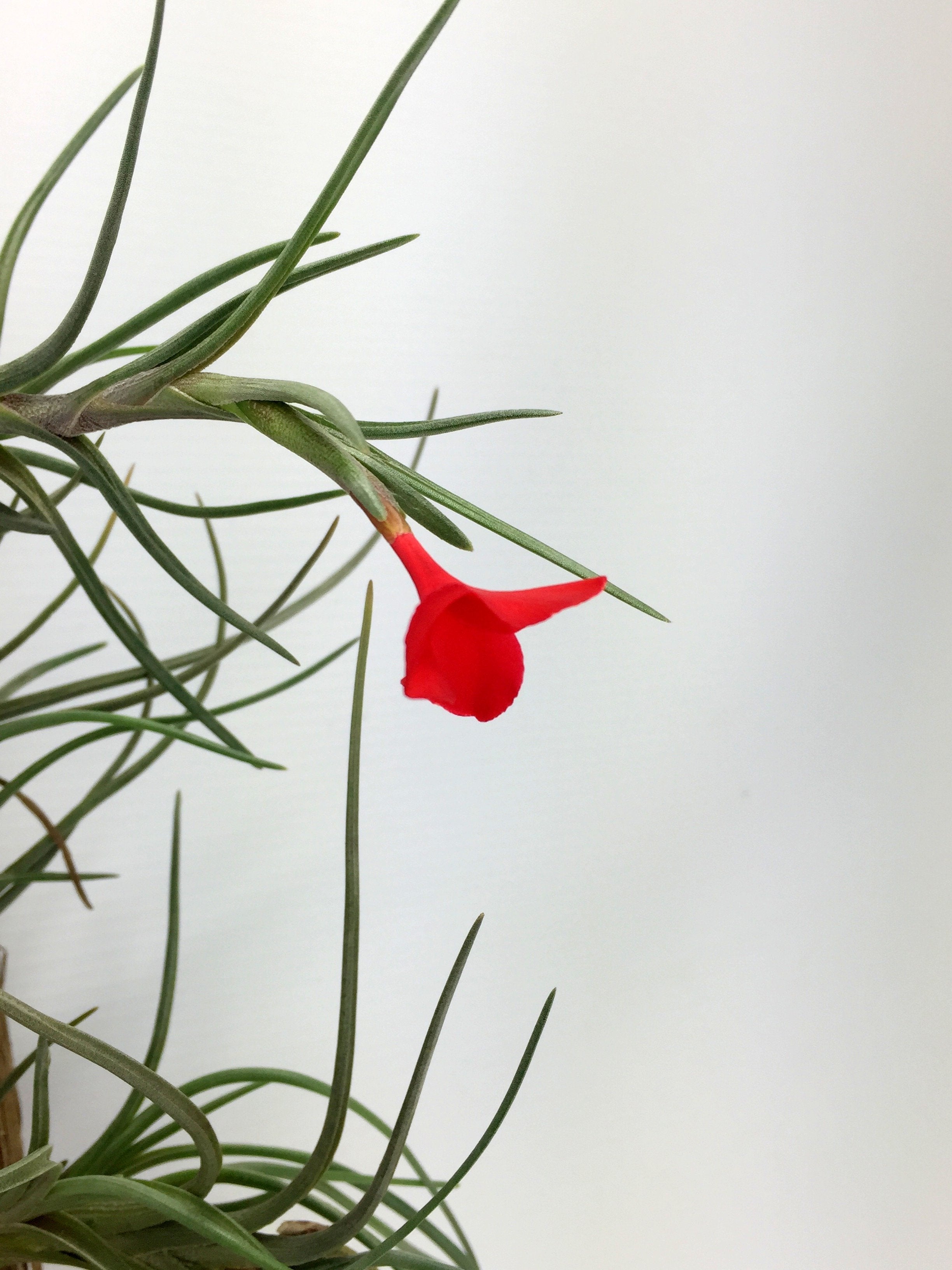
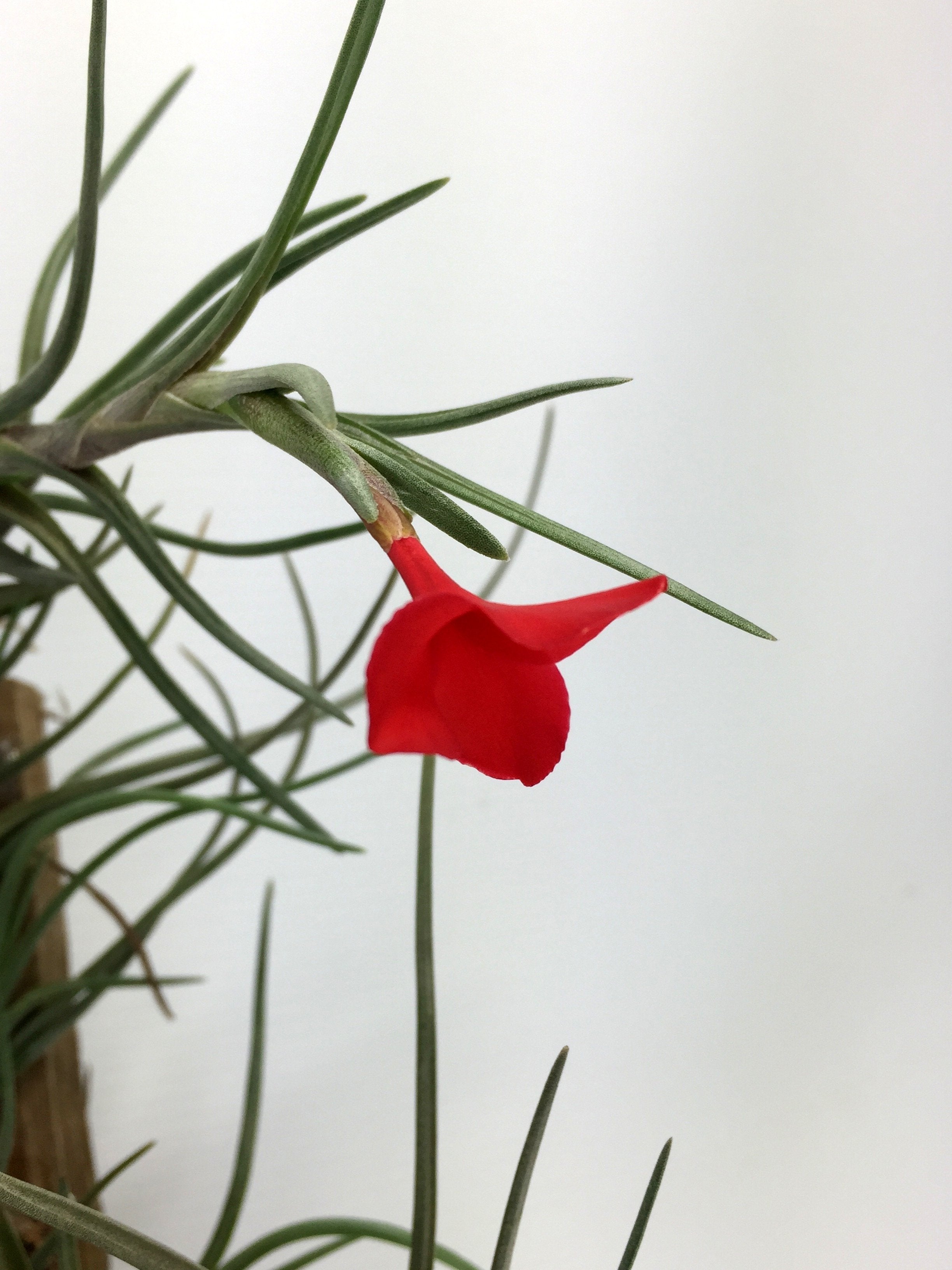
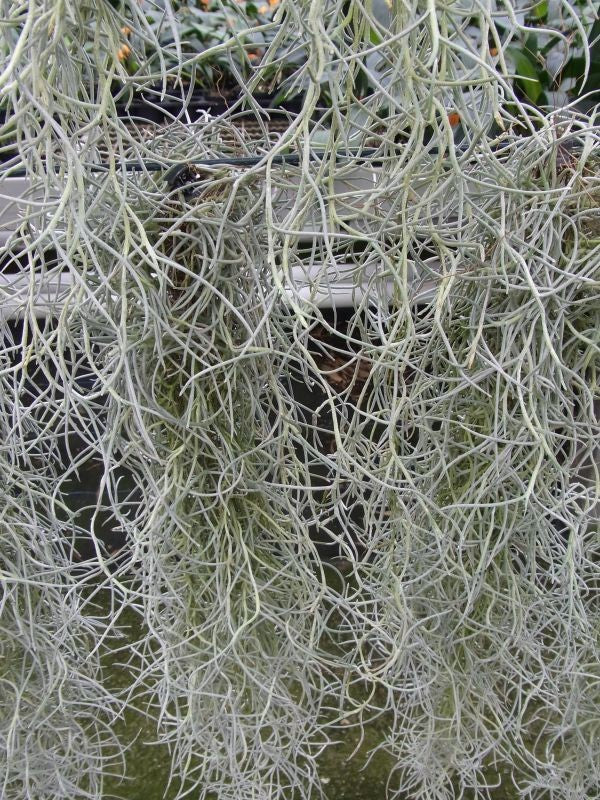
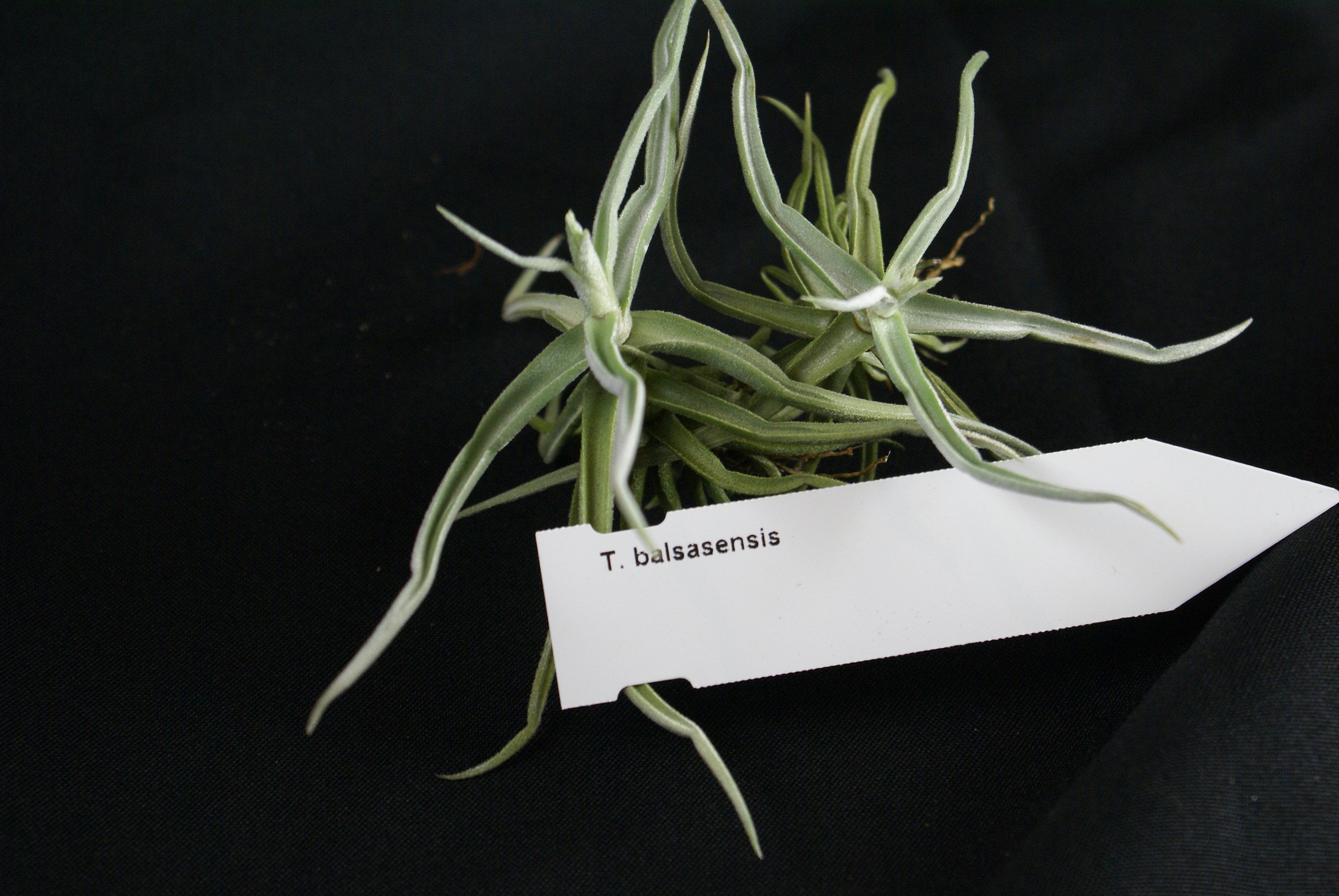
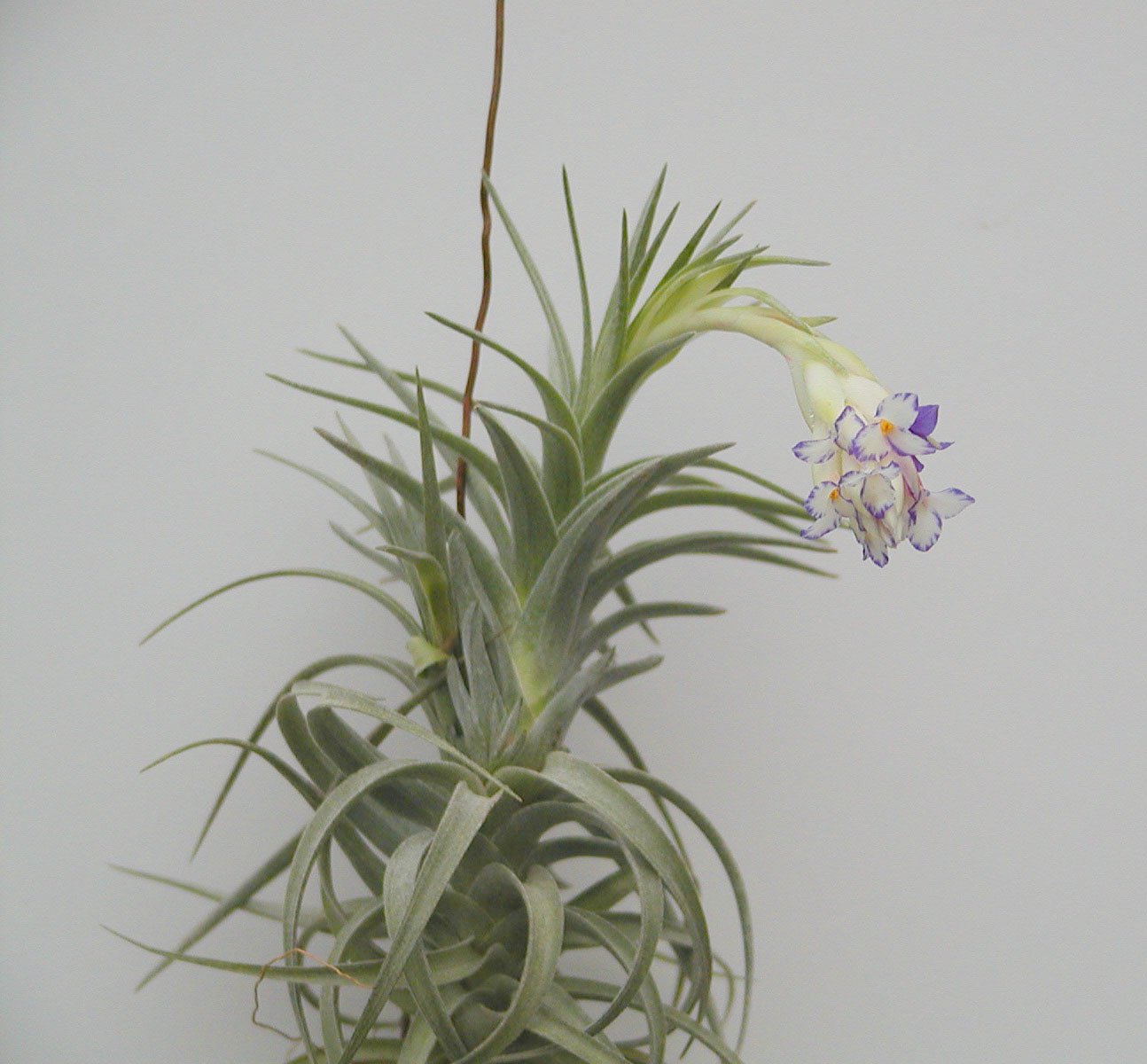
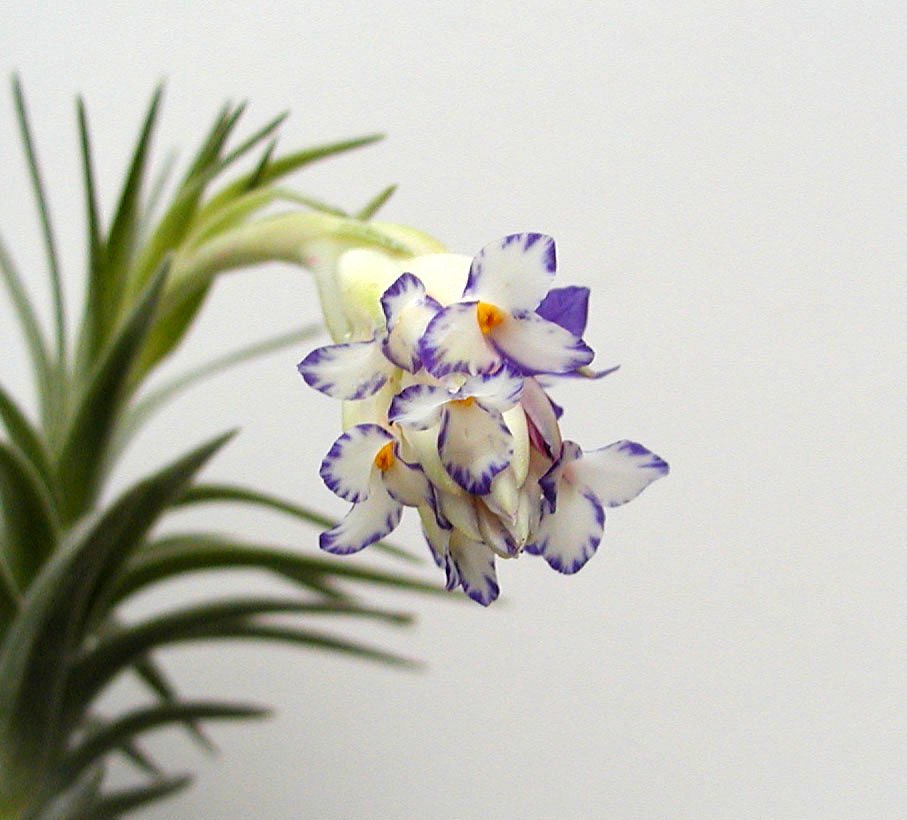
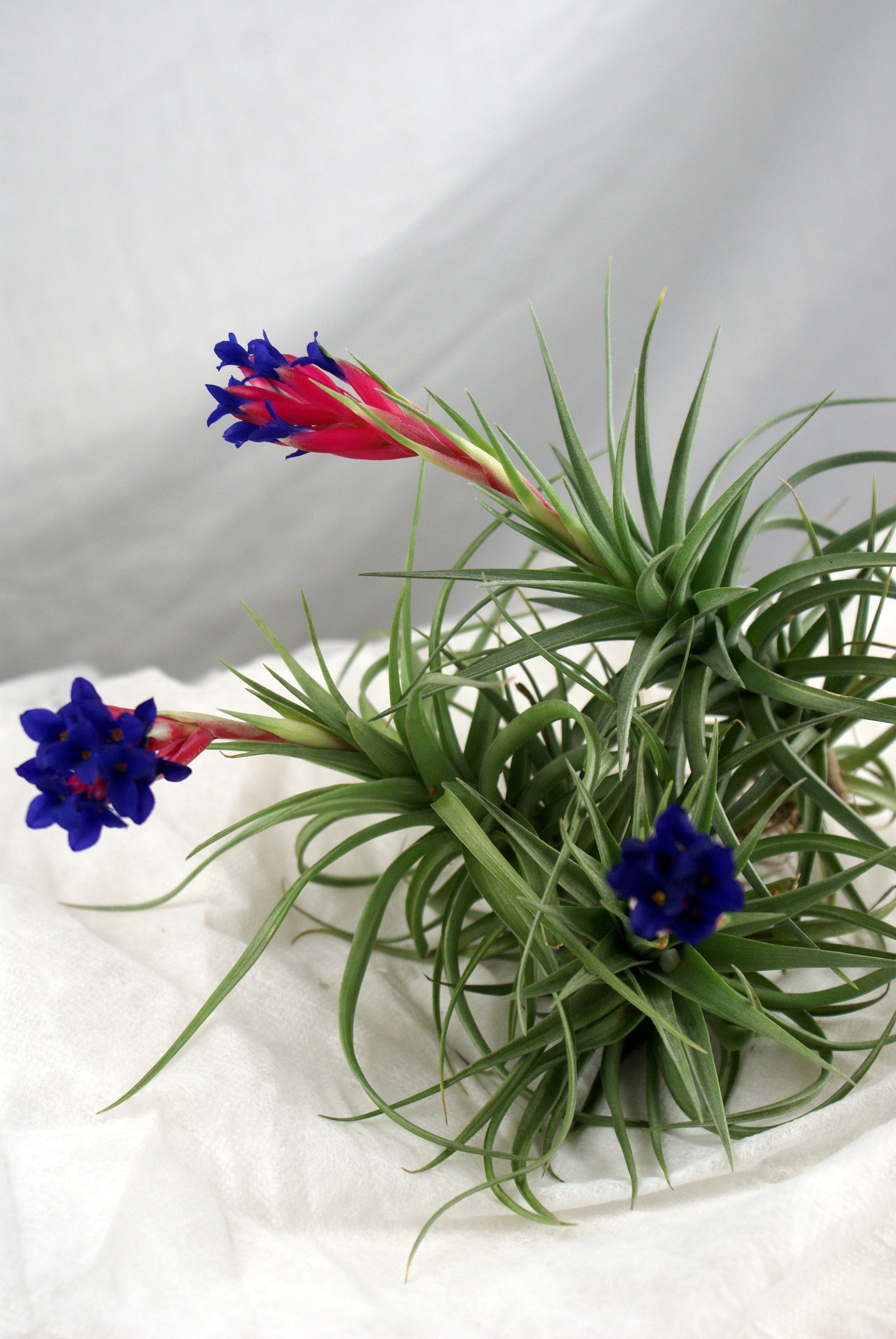
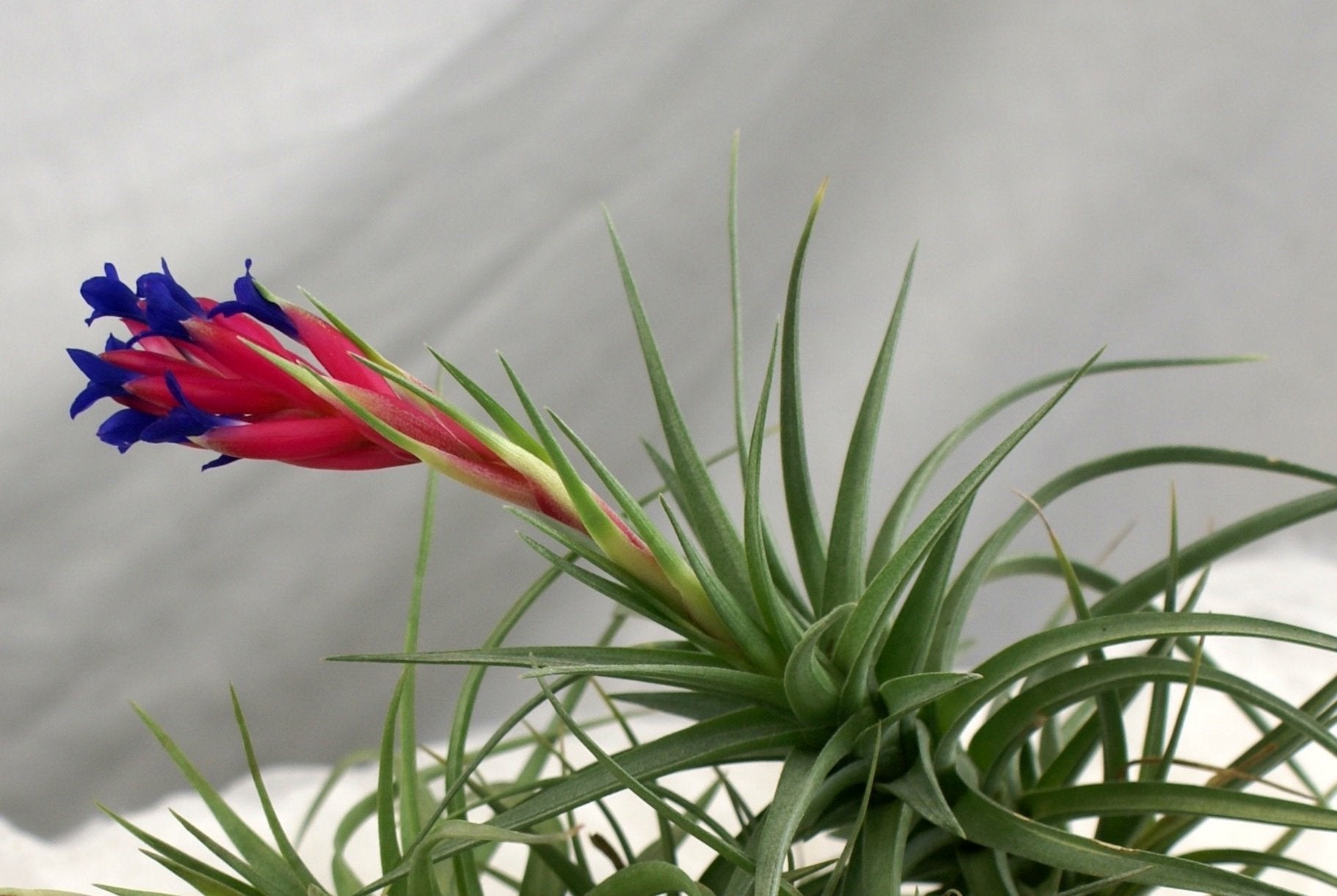
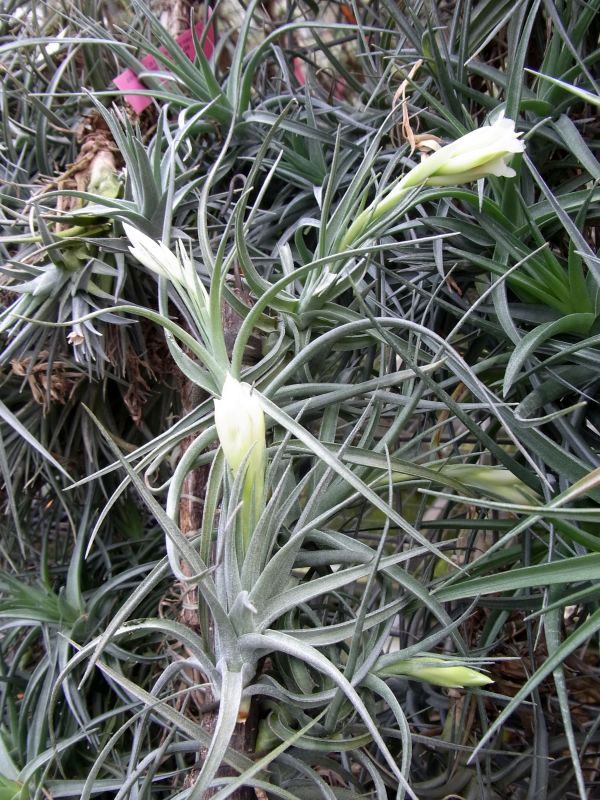
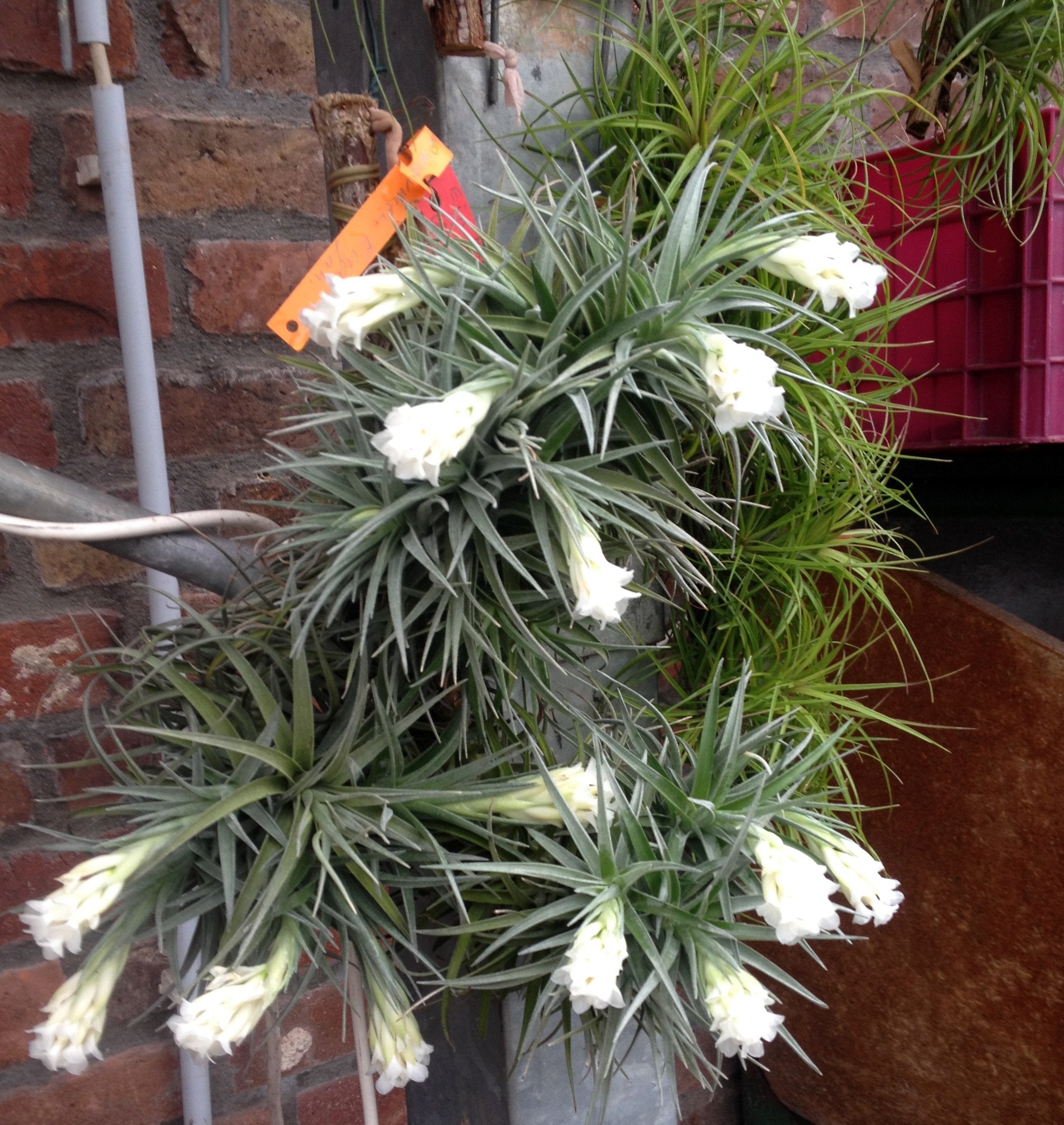
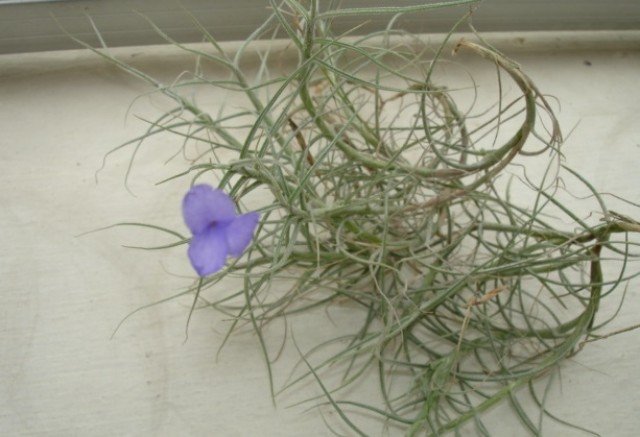
Recent bekeken
Characterize
The Tillandsia is a very special plant family with very diverse colors and shapes. Most species have little or no roots, making it real air plants. They grow like epiphyt on trees or as a lithofyt on rocks. The genus was named by Carl Linnaeus (botanist) in 1753 after the Swedish botanist Elias Tillands as a joke, because Tillands hated water. That fitted nicely with a plant without carrots that grows high in the air.
Origin
The Tillandsia is originally from Central and South America, but also the south of the United States. Species with thin green leaves grow especially in wetter, rainy forests and the species with thicker leaves grow earlier in dry areas. Scales on the leaves remove water from the air.
Flowers
Although the flowers of a Tillansia often do not grow large in size, they often have very striking colors. Tillandia’s reproduce through seed, but also through new shoots. Small plants on the mother plant then grow. Often some new shoots grow especially just after flowering.
Rare and popular species
The Tillandsia Cyanea is one of the most coveted and most popular types of air plants that exist. The species can get small purple flowers and is easy to take care of. But the Tillandsia Ionantha is also a popular species because of the blades that can color bright pink -red at the end and the bright purple with yellow flowers. It seems like an outdoor phenomenon with all those strange shapes!
A somewhat rarer species that many people have on their wish list is the Tillandsia Sprengeliana. This grows compact and gets beautiful pink flowers. On the other hand, it is a slow grower, which means that the price of this species is often a bit higher. Growing of an average species from seed has been around fifteen to twenty years before they get to an adult stage. But for many rare species this is even longer.
Aircraft in films
One of the most famous types of Tillandsias is the "Spanish Moss" (Tillandsia usneoides). This is a plant with long strings, which is sometimes used in exciting film scenes of, for example, thrillers or horrors in the forest or at a cemetery. Long strings are hung on the trees for an exciting and mysterious effect. The tree looks like an old willow. The gray -green color of this species makes it even more creepy.
Take care of the Tillandsia
Light
Most Tillandsias love moderate to much indirect sunlight. Watch out with direct sunlight, because this can cause combustion and dehydration.
Temperature
The Tillandsia is very tolerant in temperature. They can stand in temperatures from 12 degrees Celsius to 30 degrees Celsius. At higher temperatures they need more water and at lower temperatures they can react more sensitive to too much water faster. In the winter they want to look a bit cooler. Chamber temperatures are therefore often fine to keep the plants.
Humidity
These plants can be perfect bathroom plants if you have a bathroom with a window. Due to the very high humidity and the (often) good ventilation that the space entails, the plant is in a tasty damp space to be able to remove the nutrients from the air and fungi and bacteria will be prevented by the ventilation that is usually standard in Bathrooms prevents. However, watch out with tap water, because there is often a lot of lime or other minerals with the wrong dosage for the plant.
Water
Because Tillandsias only remove nutrients from the air and water, it is important to water good quality. There are often the right fabrics in rainwater. By adding some Tillandsia food in the water, the plant can continue to grow nicely. A correct composition of minerals in the water prevents growth problems and ensures that the plant can produce the right substances.
